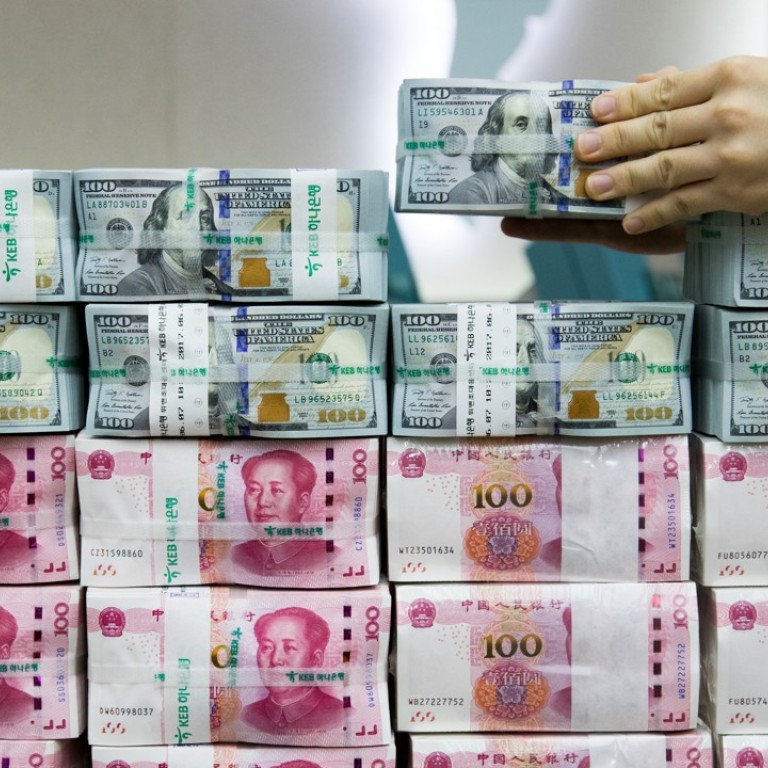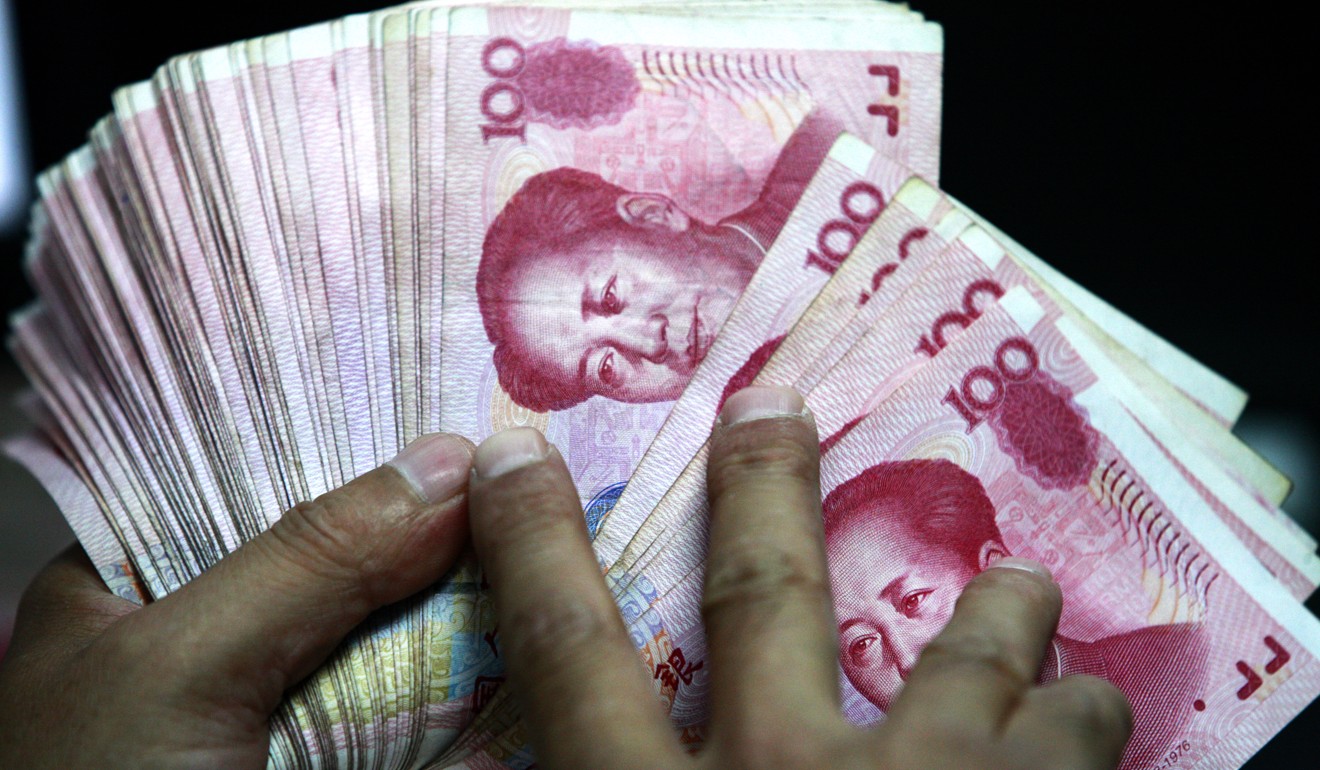
Yuan surges after PBOC’s Zhou hints capital controls will loosen, currency reforms continue
Central bank governor Zhou Xiaochuan’s comments prompt 0.44pc gain to 6.5960 against the US dollar, the biggest rise since September 7
The yuan strengthened on Tuesday, after central bank governor Zhou Xiaochuan hinted strongly China will accelerate with reforms of its exchange rate system, and move to relax capital controls.
In a wide-ranging interview, Zhou told the influential financial magazine Caijing that China must embrace free trade and investment, let the market decide the yuan’s value, and scrap capital account controls. The three elements were interlinked and could not be separated, he added.
The yuan immediately gained 0.44 per cent to 6.5960 against the dollar, the biggest rise since September 7.
“It’s very clear they are conditional on each other and none can be spared,” Zhou was quoted as saying.
His comments immediately triggered market expectations that China would accelerate reforms around the 19th Communist Party Congress, which kicks off on October 18, especially given the recent sharp reversal in bearish yuan sentiment has offered the very window needed to take action, analysts said.

“China is determined to push forward with its forex reforms comprehensively, to open up its capital account, and this reform process is irreversible,” Ken Cheung, senior Asian currency strategist at Mizuho Bank said in a note.
Earlier in the day, the People’s Bank of China (PBOC) set another strong yuan reference rate at 6.6273 against the dollar, signalling its determination to maintain stability in the domestic currency ahead of and throughout the Congress.
China is determined to push forward with its forex reforms comprehensively, to open up its capital account, and this reform process is irreversible
Underscoring that easing in capital outflows, China’s foreign exchange reserves rose US$17 billion in September to US$3.109 trillion, official data showed on Monday, beating Bloomberg consensus of a rise of US$8 billion.
Relaxation in capital controls has been already underway, with the PBOC already making it easier to short the currency, for example. Last month, it scrapped the 20 per cent reserve requirement imposed since 2015 on the amount financial institutions have to set aside to buy dollars for clients.
There are now growing rumours that other reforms are in the pipeline, including the possibility of an expansion in the currency’s daily trading band against the greenback to 3 per cent from the current 2 per cent.
Cheung also expects China to further expand both the Stock Connect and Bond Connect programmes, and possibly resume the on-hold Qualified Domestic Individual Investors (QDII2) pilot scheme.
The yuan’s intraday movement on Tuesday implies that volatility has now risen to it’s highest level this year, reflecting expectations of further liberalisation of the currency going forward, and given further rate increases by the US Federal Reserve would boost the US dollar and exert depreciation pressure on the yuan as well as other Asian currencies.

